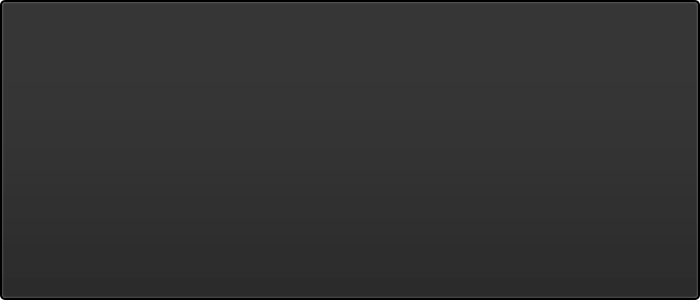Copyright Compliance Information
This Web site addresses the lawful use of copyrighted materials, peer-to-peer networks, and fair use on Sinclair Community College's information technology systems, networks, and infrastructure, as well as in Sinclair Community College facilities. Additional information is given about some of the consequences of illegally uploading, downloading, and otherwise illegally sharing music, video, software, and other copyrighted intellectual property.
This information is not intended to be a comprehensive treatment of the copyright laws; it is intended to provide basic information to help with understanding the differences between legal and illegal file sharing.
Historically, students from Sinclair, like those from other colleges and universities, have either been unaware of or have ignored the consequences of illegal file sharing. Many individuals world-wide have been sued and have paid thousands of dollars in financial settlements for infringing on the copyright owners' rights to music, movies, and electronic games.
Risks of Illegal File Sharing
U.S. federal law and numerous international agreements treat the unauthorized uploading, downloading, sharing, and other distribution of copyrighted material as a serious offense that carries significant consequences. Any Sinclair Community College information systems user who infringes copyright laws is subject to civil and criminal liability, loss of access to the Sinclair Community College network and network services, and disciplinary action by Sinclair Community College.
Summary of Civil and Criminal Penalties for Violation of Federal Copyright Laws
(from the U.S. Dept. of Education)
Copyright infringement is the act of exercising, without permission or legal authority, one or more of the exclusive rights granted to the copyright owner under section 106 of the Copyright Act (Title 17 of the United States Code). These rights include the right to reproduce or distribute a copyrighted work. In the file-sharing context, downloading or uploading substantial parts of a copyrighted work without authority constitutes an infringement.
Penalties for copyright infringement include civil and criminal penalties. In general, anyone found liable for civil copyright infringement may be ordered to pay either actual damages or "statutory" damages affixed at not less than $750 and not more than $30,000 per work infringed. For "willful" infringement, a court may award up to $150,000 per work infringed. A court can, in its discretion, also assess costs and attorneys' fees. For details, see Title 17, United States Code, Sections 504, 505.
Willful copyright infringement can also result in criminal penalties, including imprisonment of up to five years and fines of up to $250,000 per offense.
For more information, please see the Web site of the U.S. Copyright Office at www.copyright.gov, especially their FAQ's at www.copyright.gov/help/faq.
Links to relevant Sinclair Community College pages:
- Higher Education Opportunity Act (HEOA) Compliance website
- Acceptable Use of Information Technology Policy
- Information Security Policy
- Student Judicial Affairs Code of Conduct Handbook
- Legal Alternatives for Downloading Copyrighted Material
Technology deterrent(s) used to combat copyright infringement:
Currently, Sinclair Community College’s 'next generation firewall' is used to block all peer-to-peer applications identified as a risk factor of 4 or 5 (on a scale of 1-5), or any application that is known to facilitate illicit copyright material distribution. This device is continually monitored and application signatures and other content are regularly and routinely updated to ensure currency.
Administrative deterrent(s) used to combat copyright infringement:
Sinclair Community College views the safeguards that are in place as a layered approach to communication regarding copyrighted content, including:
- Acceptable Use of Technology Policy explicitly prohibits unauthorized use or distribution of copyrighted material.
- The Student Judicial Affairs Code of Conduct Handbook explicitly defines “Acquisition or use of software that does not adhere to applicable software licenses and copyright laws or is not consistent with college computer use policies” as a Level II Prohibited Behavior.
- The Information Security Web site contains pages related to copyright compliance information and links to legal alternatives to downloading copyrighted material.
Procedures for handling reported infringement:
If the educational and technical efforts are not effective, and the College is contacted with a “Notice of Claimed Infringement” or similar infringement notification by a copyright holder, then the notice will be forwarded to either:
- The Student Leadership Development/Student Judicial Affairs manager if the alleged offender is a student. The offense will be handled via the student judicial process in accordance with the Student Judicial Affairs Code of Conduct Handbook.
- Human Resources if the alleged offender is an employee. The offense will be handled via the administrative process in accordance with the Human Resources Policy Manual.
- Campus Police if the notification is 'criminal' rather than 'civil' in nature.
Periodic review of plan:
The current approach and plan are reviewed annually during the summer term. Criteria is primarily measured by increase/decrease in the number of infringement reported.
Legal Alternatives:
Sinclair Community College provides a link to the EDUCAUSE maintained Web page listing of Legal Downloading resources at url: http://www.educause.edu/legalcontent


